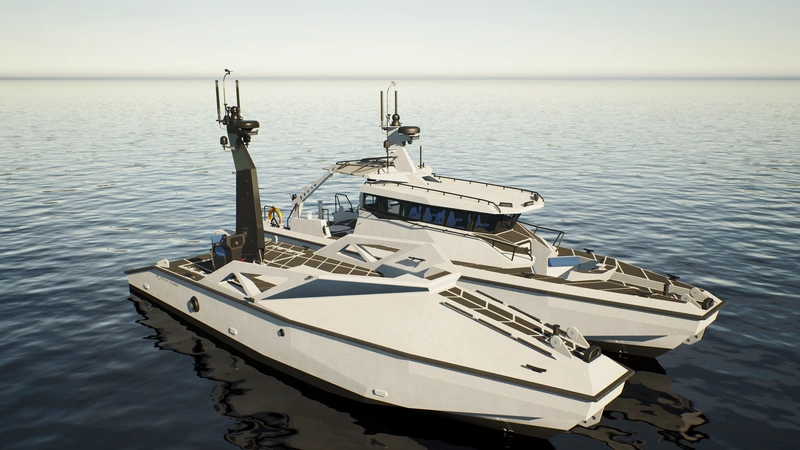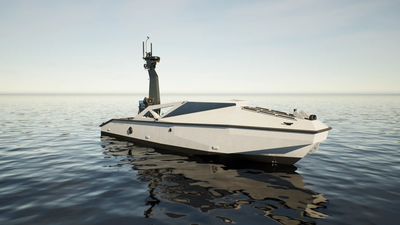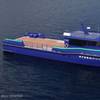Metal Shark Developing Autonomous Vessel for US Marine Corps
Autonomous vessels are quickly gaining acceptance across the maritime sector, but especially in government and military applications where the technological and safety advantages are most pronounced.
On Monday, Louisiana-based shipbuilder Metal Shark said it has been selected by the U.S. Marine Corps to develop and implement the Long Range Unmanned Surface Vessel (LRUSV) System, a network of unmanned vessels traveling autonomously for extended ranges and transporting loitering munitions to address targets at sea and on land.
The weapons system will be tiered and scalable, providing the ability to accurately track and destroy targets at range, Metal Shark said. While fully autonomous, the vessels may be optionally manned and they will carry multiple payloads, which they will be capable of autonomously launching and retrieving.
The project will receive support from autonomous technology developer Spatial Integrated Systems (SIS), recently acquired by Huntington Ingalls Industries, enlisted by Metal Shark to provide the autonomy solution for the LRUSV system. SIS develops multi-vessel collaborative swarming autonomous capabilities, sensor fusion and perception.
Under an Other Transaction Authority (OTA) Agreement with Marine Corps Systems Command, Metal Shark will design, build, test and implement the vessels and will handle the integration of the autonomy system and an advanced Command and Control (C2) software suite.
Metal Shark will also produce manned support vessels for the LRUSV system utilizing its 40 Defiant military patrol craft platform, which the builder is currently producing to create the U.S. Navy’s new 40 PB patrol boat fleet.
 (Image: Metal Shark)
(Image: Metal Shark)
“The LRUSV program represents a significant milestone for autonomous technology, for the defense world, and for the entire shipbuilding industry,” said Metal Shark CEO Chris Allard. “We are thrilled to be integrating advanced autonomy and Command and Control capability into these highly specialized surface vessels to provide the Marine Corps with a next-generation system.”
Under the OTA, Metal Shark will also provide the Marine Corps with associated program management, system engineering, configuration management, quality assurance, logistical support and the development of technical publications and manuals in support of the LRUSV program.
The LRUSV program is the latest in a long string for Metal Shark’s Sharktech Autonomous Vessels division, a wholly-owned subsidiary launched in 2018 and specifically focused on the advancement of unmanned vessel technology.
“Metal Shark has designed, built, and delivered over 400 autonomous and remotely operated vessels to date,” Allard said. “As we develop and deploy the LRUSV system for the Marine Corps, we will continue to work with clients across government and commercial markets, integrating the systems of multiple technology partners into our boats, solidifying our leadership position in the autonomous vessel space, and streamlining the path to autonomy.”
In September, it was announced that the U.S. Coast Guard had selected a 29-foot Sharktech autonomous test vessel equipped with autonomy by Boston-based technology developer Sea Machines for evaluation by the USCG Research and Development Center. In 2019, Metal Shark was selected by US Navy PMS 406 (Naval Sea Systems Command’s Unmanned Maritime Systems division) for the Unmanned Family of Systems Multi Award IDIQ, a blanket Navy contact covering multiple topics in the autonomous space. As a brand-agnostic technology integrator actively engaged with multiple developers in the unmanned space, Metal Shark’s Sharktech division has also produced and delivered autonomous vessels equipped with autonomy solutions from L3 Harris (previously ASV Global).














